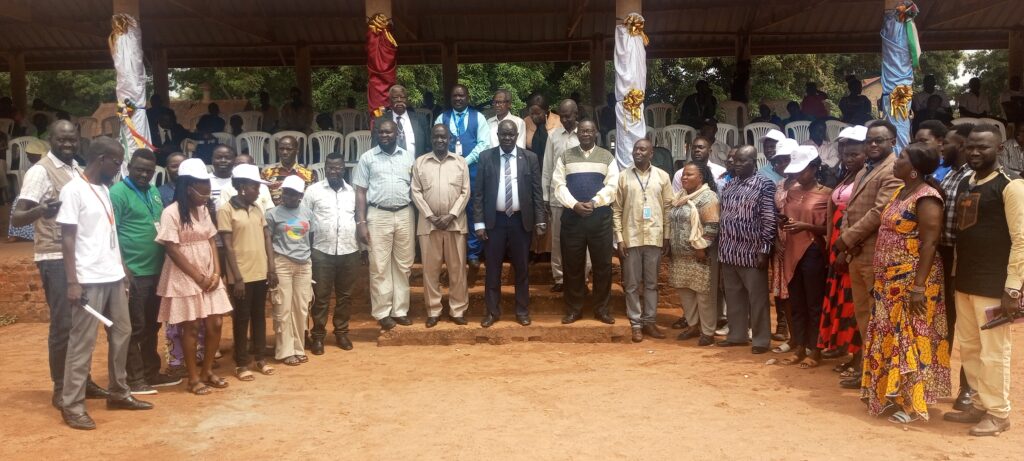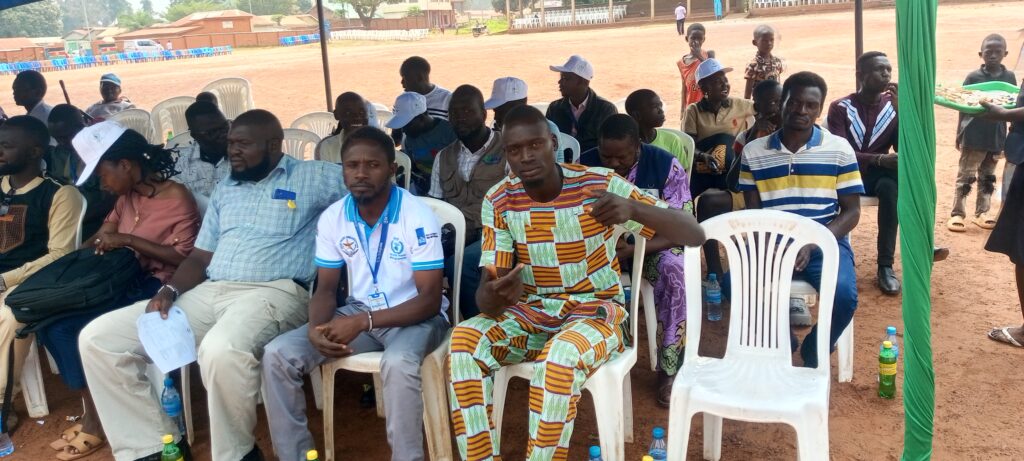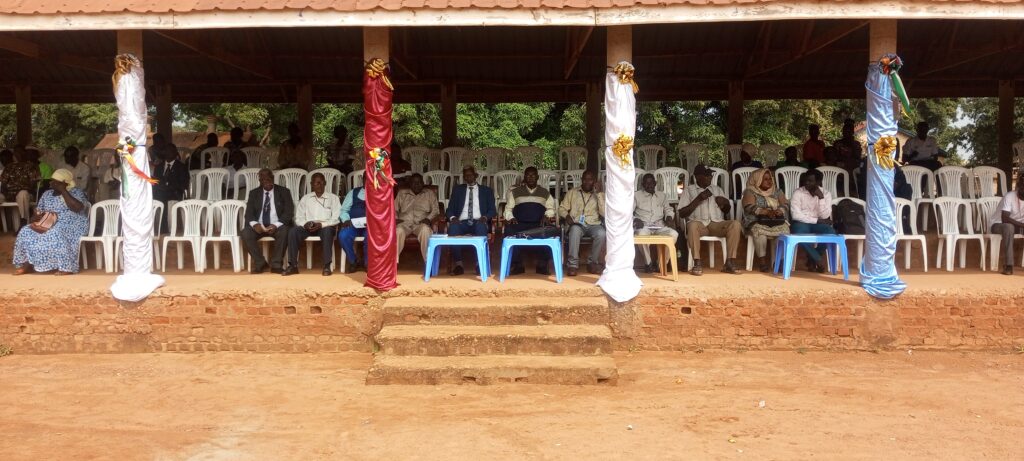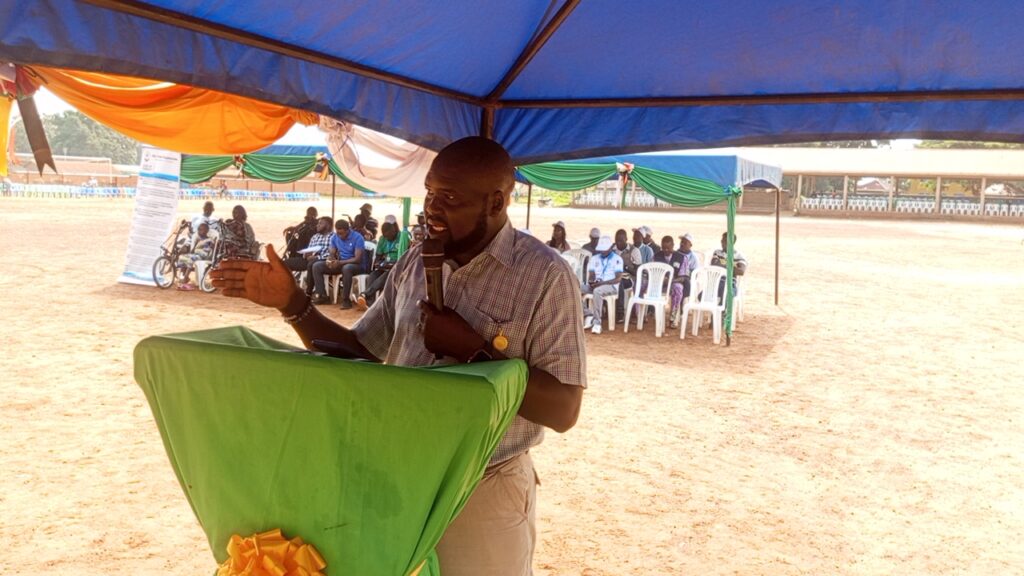

The Network for Civil Society Organizations (NeCSOs), a coalition of civil society groups committed to fostering peace, human rights, and good governance, has partnered with its member organization, Star Trust Organization (STO), to implement a significant new project funded by the United Nations Mission in South Sudan (UNMISS). This initiative, titled “Fostering Inclusive and Broad-Based Protection of Civilian (POC), Actions, and Participation for IDPs and Returnees in Western Equatoria State,” aims to promote protection, participation, and recovery for displaced populations in the region.
Context and Background
Western Equatoria State has long been a region of concern due to ongoing conflicts, displacement, and fragile peace processes. Thousands of internally displaced persons (IDPs) and returnees face numerous challenges, including limited access to basic services, safety concerns, and exclusion from political processes. Recognizing these issues, UNMISS, through its programmatic support, has prioritized inclusive and rights-based approaches to civilian protection and community engagement.
Project Implementation
The project is set to be rolled out over a period of three months, covering all ten counties of Western Equatoria. NeCSOs will focus on the eastern counties — Ibba, Maridi, Mvolo, Mundri West, and Mundri East — while STO will implement activities in the western counties of Yambio, Nzara, Ezo, Tambura, and Nagero. This balanced regional approach ensures broad coverage and inclusivity, reaching diverse communities across the state.
Objectives and Activities
The core objective of the project is to employ broad-based, inclusive protection actions aimed at safeguarding civilians and empowering affected populations. Key activities include:
- Capacity Building for Key Stakeholders: Training security personnel, local and state authorities, community leaders, and IDPs to understand their roles and responsibilities under the South Sudan Action Plan on Return, Reintegration, and Recovery (2024-2028). This initiative aims to foster a culture of protection and accountability.
- Early Warning and Community Engagement: Establishing and strengthening mechanisms for early detection of threats and vulnerabilities. Engaging community leaders, IDPs, and returnees through town hall meetings, radio talk shows, and IEC materials to foster awareness and participation.
- Promoting Political and Civic Participation: Supporting IDPs and returnees’ involvement in essential political processes, including constitution-making and upcoming elections. Techniques such as workshops, radio programs, and community meetings will be used to disseminate information and encourage civic engagement.
- Protection of Civilians and Accountability: Addressing human rights violations and ensuring accountability for past atrocities through community-based mechanisms, advocacy, and documentation.
Expected Outcomes
The project aims to achieve tangible improvements in the following areas:
- Expanding Civic Space: Creating an enabling environment for active civic engagement, participation in governance, and policy formulation.
- Protecting Civilians and Ensuring Accountability: Enhancing safety, reducing violence and violations, and strengthening mechanisms for justice and redress.
- Empowering Women and Youth: Mobilizing women and young people to participate actively in community rebuilding, peace processes, and decision-making influences.
- Supporting Reintegration and Recovery: Assisting returnee communities by providing access to basic services, livelihood opportunities, and psychosocial support to promote sustainable reintegration.
Acknowledgments and Call for Continued Support
NeCSOs and STO, along with other civil society partners across Western Equatoria, extend their gratitude to UNMISS for its trust and support. We also thank the state government for their ongoing participation and backing, which has been vital to the success of previous initiatives.
The organizations emphasize the importance of working together to protect aid workers and civil society members as they implement this vital project. They strongly urge the government and all parties to the revitalized peace agreement to uphold international humanitarian laws and principles of war. The tragic Nambara incident — which demonstrated a blatant disregard for civilian safety — must never be repeated. Such acts undermine efforts towards peace and deepen the suffering of vulnerable populations, hindering development and recovery.
As stakeholders work unitedly towards these objectives, the civil society calls on all actors to prioritize the safety and dignity of civilians and to uphold commitments to peace, justice, and human rights.


